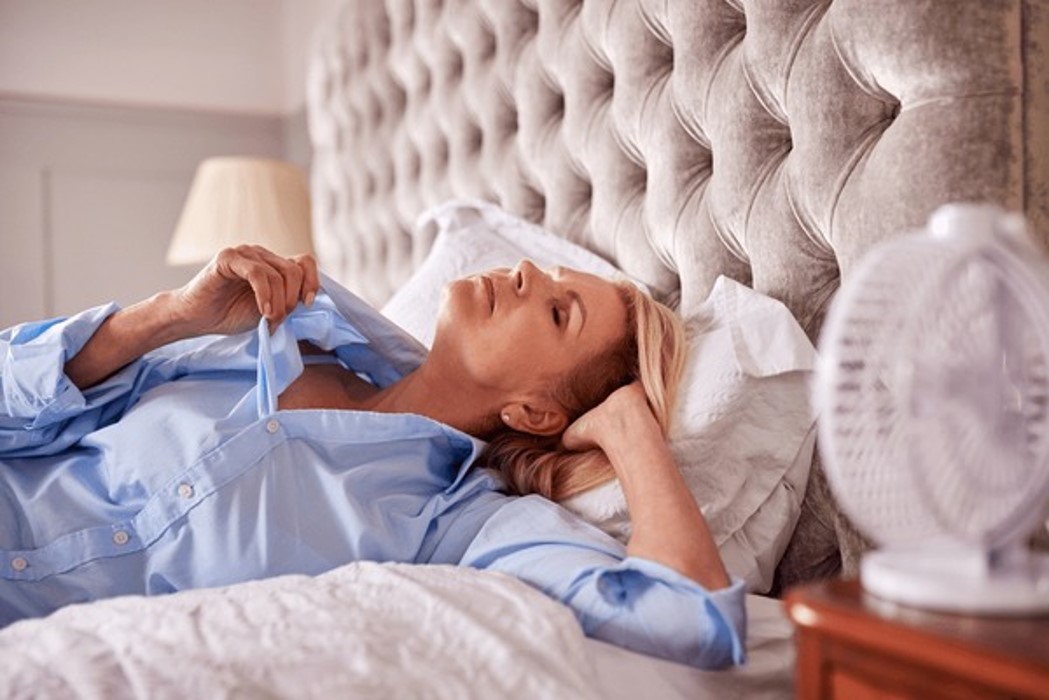Low testosterone, often associated with physical health concerns, can also significantly affect mental health and overall well-being. This hormone not only supports functions such as muscle mass and bone density but also plays a role in emotional regulation, mood, and mental health. Understanding the connection between low testosterone levels and mental health can help you identify potential concerns and evaluate options for support.
The Psychological Effects of Low Testosterone
Reduced testosterone levels have been linked to multiple psychological and emotional changes. These changes can significantly impact daily life and well-being. Individuals often experience:
- Mood shifts, including irritability and sadness
- Feelings of fatigue
- Decreased motivation or focus
- Difficulty performing daily tasks
- Less enjoyment in previously satisfying activities
Low testosterone has also been associated with an increased risk of depressive symptoms and anxiety-like behaviors. While hormonal fluctuations can affect anyone, it’s valuable to understand that testosterone plays a role in the complex interplay of mental health factors. If these feelings persist, they could signal the need to explore hormonal health as part of a larger mental health evaluation.
Physical and Emotional Well-Being Combined
The effects of low testosterone often extend beyond mood changes. Many individuals experience physical symptoms alongside emotional concerns, such as disruptions in sleep, reduced energy, and a decrease in libido. These physical challenges often compound emotional stress, potentially resulting in a cycle that affects one’s mental and physical health. Addressing these concerns typically starts with identifying both physical and emotional symptoms. Exploring potential hormonal balances through regular monitoring and holistic approaches may play a valuable role in understanding their underlying causes.
The Role of Hormone Replacement Therapy
Hormone replacement therapy (HRT) has emerged as one potential pathway for managing low testosterone levels. By stabilizing hormone levels, HRT may provide support for emotional regulation and physical symptoms. Some individuals have noted improvements in mood and cognitive function after starting therapy, though responses vary.
HRT is often personalized according to an individual’s unique health profile. It involves consultation with healthcare providers to evaluate hormonal levels and determine the most appropriate course of action. Combining therapies like lifestyle modifications, stress management strategies, and monitoring results may complement overall treatment plans.
Developing an understanding of how HRT and other strategies influence one’s mental and emotional health encourages a more personalized pathway to wellness. Learning about options can help individuals identify solutions that align with their goals and challenges. Taking the time to explore these strategies helps empower people to take control of their well-being. It’s about finding what works best for you and embracing a journey towards better health.
Promoting Mental and Emotional Health
Addressing testosterone levels often involves a multi-faceted approach to mental and physical care. Lifestyle adjustments, such as incorporating regular physical activity, managing stress effectively, and engaging in supportive social connections, may play a beneficial role in overall wellness. Consulting with healthcare professionals helps individuals obtain tailored care that addresses their mental, emotional, and physical needs while exploring solutions with transparency and collaboration. Low testosterone’s potential impact on mental health underscores the need for a holistic perspective when addressing emotional and physical concerns.
- What Is Medicaid Exclusion For Funeral Plans – Benefits of Medicaid Funeral Exclusions!
- Banner Desert Medical Center – Trusted Care in Arizona!
- Why Cranberry Femine Health – The Ultimate Natural Wellness Guide for Women!
- What Is The Best Peptide For Bone Health – A Comprehensive Overview!
- Why Is Signify Health Calling Me – Understanding the Purpose Behind the Call!

Leave a Reply